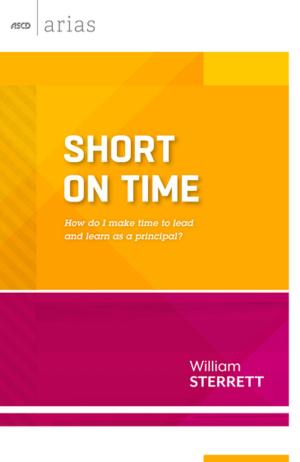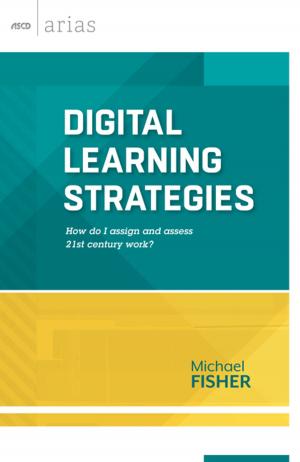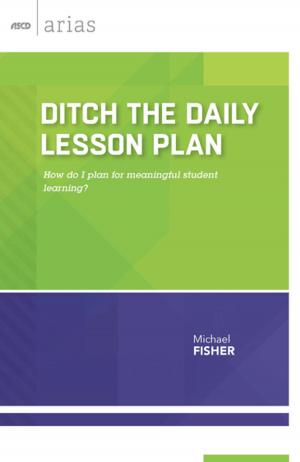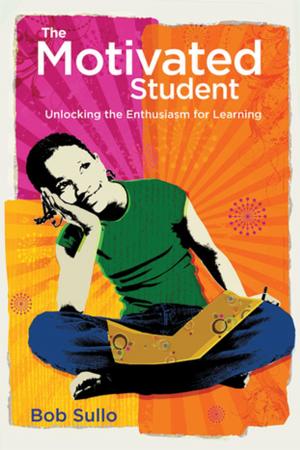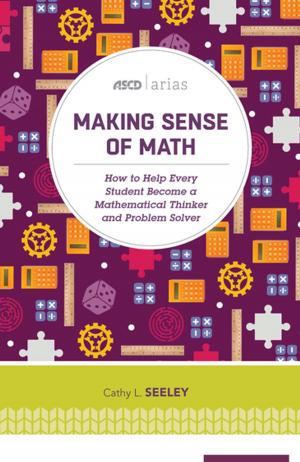Doing Poorly on Purpose
Strategies to Reverse Underachievement and Respect Student Dignity
Nonfiction, Reference & Language, Education & Teaching, Teaching, Teaching Methods| Author: | James R. Delisle | ISBN: | 9781416625384 |
| Publisher: | ASCD | Publication: | January 23, 2017 |
| Imprint: | ASCD | Language: | English |
| Author: | James R. Delisle |
| ISBN: | 9781416625384 |
| Publisher: | ASCD |
| Publication: | January 23, 2017 |
| Imprint: | ASCD |
| Language: | English |
With Doing Poorly on Purpose, veteran educator James R. Delisle dispels the negative associations and stereotypes connected to underachievement. By focusing on smart kids who get poor grades—not because they’re unable to do better in school but because they don’t want to—Delisle presents a snapshot of underachievement that may look far different from what you envision it to be.
There is no such thing as a “classic underachiever.” Students (and their reasons for underachieving) are influenced by a wide range of factors, including self-image, self-concept, social-emotional relationships, and the amount of dignity teachers afford their students.
Helping “smart” students achieve when they don’t want to is not an easy task, but you can reengage and inspire students using Delisle’s insights and practical advice on these topics:
- Autonomy
- Access
- Advocacy
- Alternatives
- Aspirations
- Approachable Educators
Smart, underachieving students need the reassurance that they are capable, valuable, and worth listening to despite their low academic performance. If these students—who are otherwise academically capable—don’t feel they are getting respect from those in charge of their learning, then the desire to conform and achieve is minimized.
In a word, they want dignity. Don’t we all?
With Doing Poorly on Purpose, veteran educator James R. Delisle dispels the negative associations and stereotypes connected to underachievement. By focusing on smart kids who get poor grades—not because they’re unable to do better in school but because they don’t want to—Delisle presents a snapshot of underachievement that may look far different from what you envision it to be.
There is no such thing as a “classic underachiever.” Students (and their reasons for underachieving) are influenced by a wide range of factors, including self-image, self-concept, social-emotional relationships, and the amount of dignity teachers afford their students.
Helping “smart” students achieve when they don’t want to is not an easy task, but you can reengage and inspire students using Delisle’s insights and practical advice on these topics:
- Autonomy
- Access
- Advocacy
- Alternatives
- Aspirations
- Approachable Educators
Smart, underachieving students need the reassurance that they are capable, valuable, and worth listening to despite their low academic performance. If these students—who are otherwise academically capable—don’t feel they are getting respect from those in charge of their learning, then the desire to conform and achieve is minimized.
In a word, they want dignity. Don’t we all?


